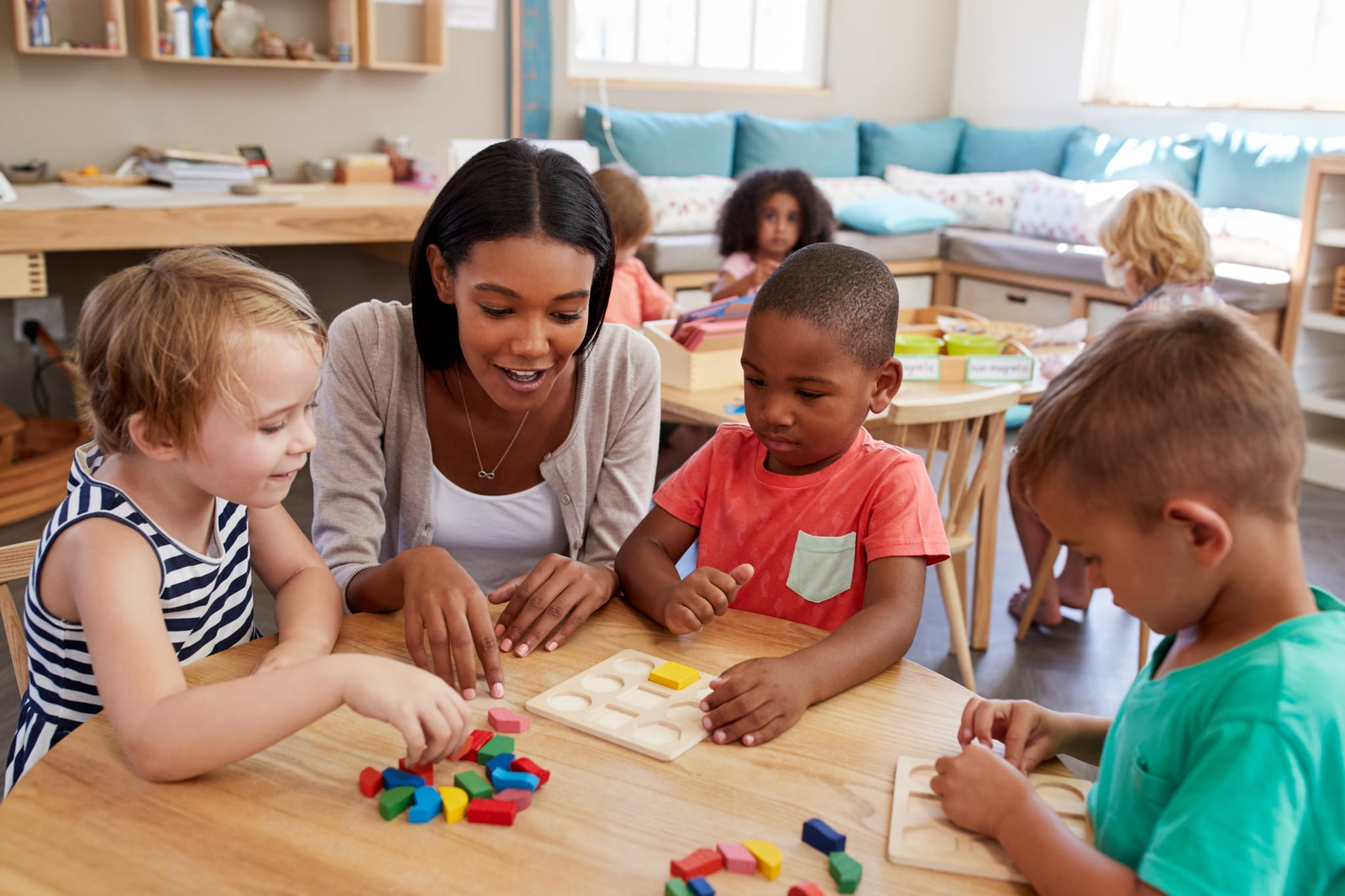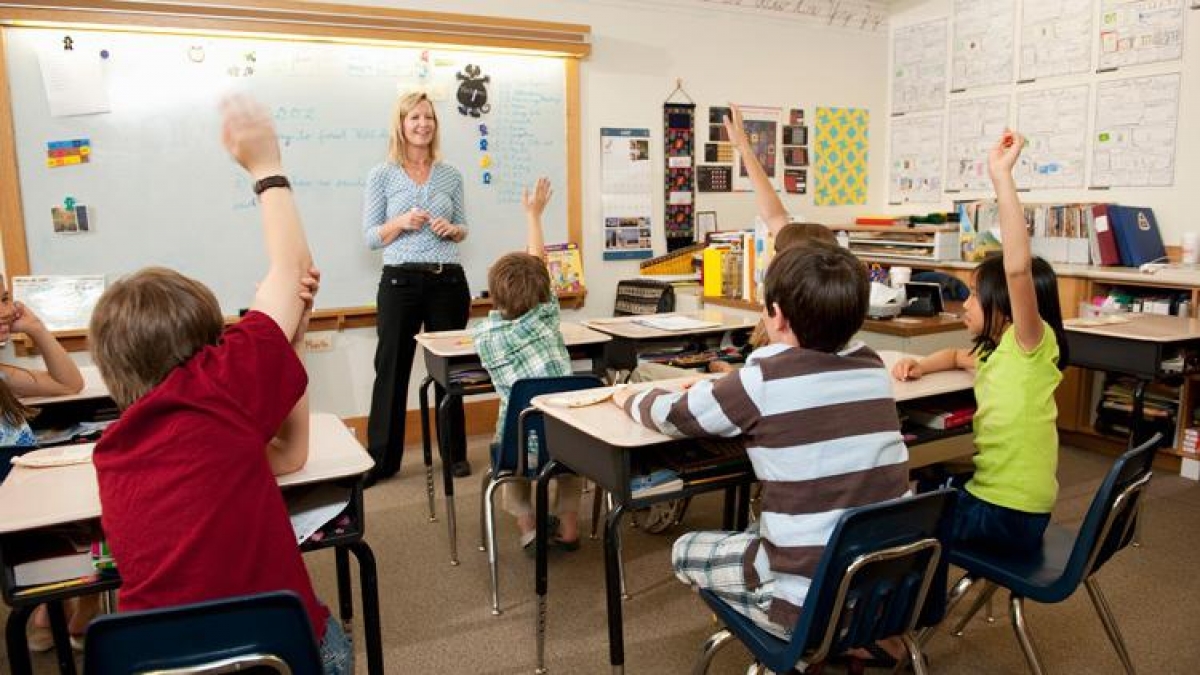The University of Paris, often known by its more romantic title, “La Sorbonne,” stands as a colossal figure in the history of global academia. Its story is not merely one of lectures and degrees but is inextricably linked to the intellectual, religious, and political evolution of France and the entire Western world. As one of the oldest and most influential universities in continuous operation—though its structure has dramatically changed—its legacy is a testament to the enduring power of organized learning.

From Cathedral Schools to a Scholarly Metropolis (12th-13th Centuries)
The genesis of the University of Paris can be traced back to the burgeoning cathedral schools (primarily at Notre Dame) of the late 12th century. Paris was already the intellectual capital of Europe, largely thanks to the presence of charismatic and brilliant teachers like Peter Abelard. Scholars and students flocked to the city, creating an organic. Self-governing community, or … Read more


